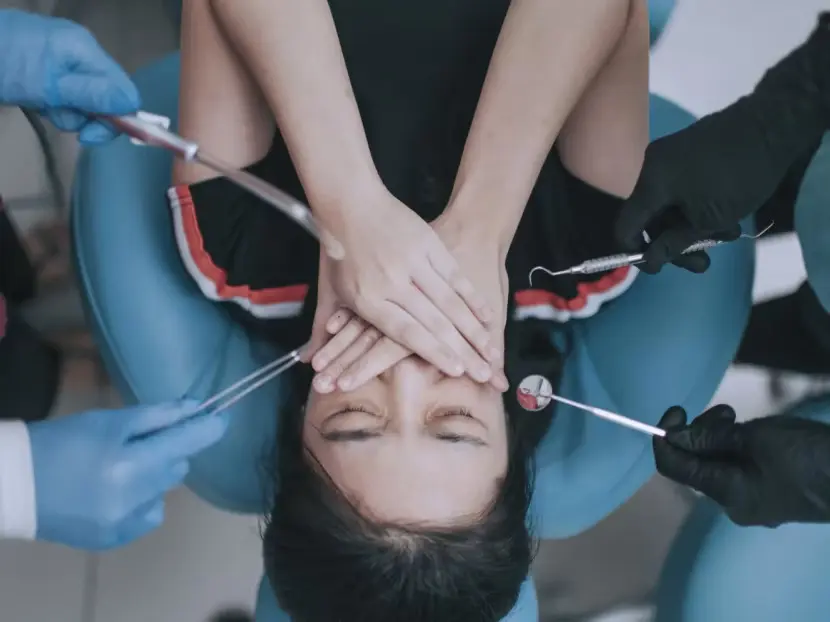
Study Reveals Most Americans Still Fear the Dentist Despite Advances in Care
A recent study from the NYU College of Dentistry indicates that dental anxiety among Americans is far more common today than decades ago. Whereas earlier estimates suggested only about a quarter of people feared going to the dentist, new data show that nearly three out of four U.S. adults currently report some level of fear when it comes to dental visits.
Researchers surveyed a demographically representative sample of 1,003 adults—balanced by age, gender, race, education, region, and household income—to assess the prevalence and severity of dental fear. They found that 72.6% of respondents indicated some degree of fear; 45.8% described it as moderate, and 26.8% as severe.
Interestingly, when asked whether they would accept a free, at-home intervention for dental fear, 71.2% of those with moderate or severe fear said yes. Many who declined cited doubts about effectiveness, confidence in their current coping strategies, or concerns about time commitment.
The researchers also highlight a treatment approach they have developed called Dental FearLess—which combines an app with optional telehealth sessions and is based on cognitive behavioral therapy and mindfulness techniques. In pilot trials, roughly half of participants reported they were no longer fearful after completing the program.
Additionally, the study explores how negative dental experiences early in life may shape lifelong anxiety. More than half of individuals with severe fear linked it to distressing childhood or adolescent visits. The team is now exploring parent–child perspectives on dental experiences to better understand how those memories influence oral health behavior later.
Even though the prevalence of dental fear seems to be increasing, the authors stress that treatment is possible and accessible—and expanding virtual or app-based interventions may help reach broader populations, regardless of location.
📖 Original Article Info
“Are more people afraid of the dentist now than decades ago? U.S. study says yes”
Oral Health Group, September 5, 2025